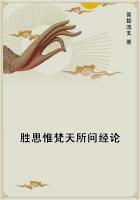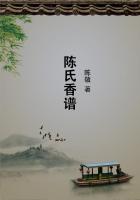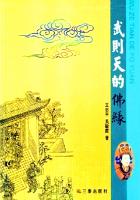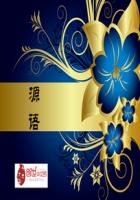Nor did he ever meddle with those enigmas which have puzzled hundreds of generations, and will puzzle hundreds more. He said nothing about the grounds of moral obligation, or the freedom of the human will. He had no inclination to employ himself in labours resembling those of the damned in the Grecian Tartarus, to spin for ever on the same wheel round the same pivot, to gape for ever after the same deluding clusters, to pour water for ever into the same bottomless buckets, to pace for ever to and fro on the same wearisome path after the same recoiling stone. He exhorted his disciples to prosecute researches of a very different description, to consider moral science as a practical science, a science of which the object was to cure the diseases and perturbations of the mind, and which could be improved only by a method analogous to that which has improved medicine and surgery. Moral philosophers ought, he said, to set themselves vigorously to work for the purpose of discovering what are the actual effects produced on the human character by particular modes of education, by the indulgence of particular habits, by the study of particular books, by society, by emulation, by imitation. Then we might hope to find out what mode of training was most likely to preserve and restore moral health. [Ibid.:
Lib. vii. Cap. 3.]
What he was as a natural philosopher and a moral philosopher, that he was also as a theologian. He was, we are convinced, a sincere believer in the divine authority of the Christian revelation. Nothing can be found in his writings, or in any other writings, more eloquent and pathetic than some passages which were apparently written under the influence of strong devotional feeling. He loved to dwell on the power of the Christian religion to effect much that the ancient philosophers could only promise. He loved to consider that religion as the bond of charity, the curb of evil passions, the consolation of the wretched, the support of the timid, the hope of the dying.
But controversies on speculative points of theology seem to have engaged scarcely any portion of his attention. In what he wrote on Church Government he showed, as far as he dared, a tolerant and charitable spirit. He troubled himself not at all about Homoousians and Homoiousians, Monothelites and Nestorians. He lived in an age in which disputes on the most subtle points of divinity excited an intense interest throughout Europe, and nowhere more than in England. He was placed in the very thick of the conflict. He was in power at the time of the Synod of Dort, and must for months have been daily deafened with talk about election, reprobation, and final perseverance. Yet we do not remember a line in his works from which it can be inferred that he was either a Calvinist or an Arminian. While the world was resounding with the noise of a disputatious philosophy and a disputatious theology, the Baconian school, like Allworthy seated between Square and Thwackum, preserved a calm neutrality, half scornful, half benevolent, and content with adding to the sum of practical good, left the war of words to those who liked it.
We have dwelt long on the end of the Baconian philosophy, because from this peculiarity all the other peculiarities of that philosophy necessary arose. Indeed, scarcely any person who proposed to himself the same end with Bacon could fail to hit upon the same means.
The vulgar notion about Bacon we take to be this, that he invented a new method of arriving at truth, which method is called Induction, and that he detected some fallacy in the syllogistic reasoning which had been in vogue before his time.
This notion is about as well founded as that of the people who, in the middle ages, imagined that Virgil was a great conjurer.
Many who are far too well-informed to talk such extravagant nonsense entertain what we think incorrect notions as to what Bacon really effected in this matter.
The inductive method has been practised ever since the beginning of the world by every human being. It is constantly practised by the most ignorant clown, by the most thoughtless schoolboy, by the very child at the breast. That method leads the clown to the conclusion that if he sows barley he shall not reap wheat. By that method the schoolboy learns that a cloudy day is the best for catching trout. The very infant, we imagine, is led by induction to expect milk from his mother or nurse, and none from his father.
Not only is it not true that Bacon invented the inductive method; but it is not true that he was the first person who correctly analysed that method and explained its uses. Aristotle had long before pointed out the absurdity of supposing that syllogistic reasoning could ever conduct men to the discovery of any new principle, had shown that such discoveries must be made by induction, and by induction alone, and had given the history of the inductive process, concisely indeed, but with great perspicuity and precision.
Again, we are not inclined to ascribe much practical value to that analysis of the inductive method which Bacon has given, in the second book of the Novum Organum. It is indeed an elaborate and correct analysis. But it is an analysis of that which we are all doing from morning to night, and which we continue to do even in our dreams. A plain man finds his stomach out of order.
He never heard Lord Bacon's name. But he proceeds in the strictest conformity with the rules laid down in the second book of the Novum Organum, and satisfies himself that minced pies have done the mischief. "I ate minced pies on Monday and Wednesday, and I was kept awake by indigestion all night." This is the comparentia ad intellectum instantiarum convenientium. "I did not eat any on Tuesday and Friday, and I was quite well." This is the comparentia instantiarum in proximo quae natura data privantur.


